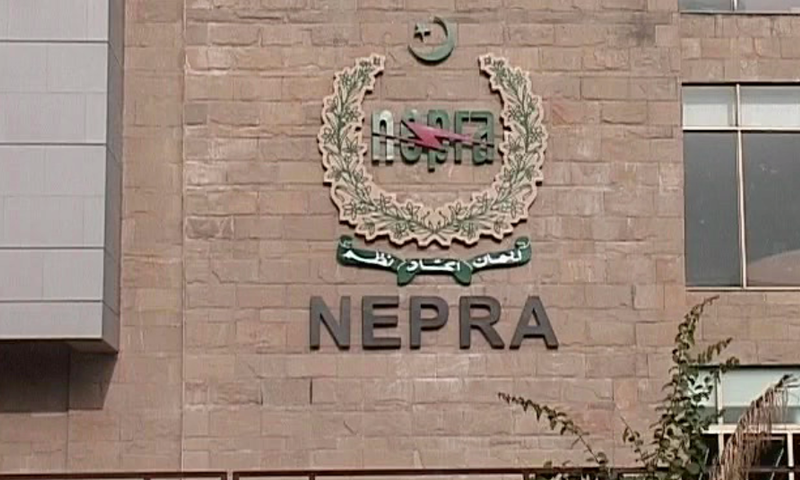ISLAMABAD: The National Electric Power Regulatory Authority (Nepra) will hold a public hearing on the Central Power Purchasing Agency’s (CPPA) request for a rate hike of up to Rs4.75 per unit, The Asian Mirror reported.
The NEPRA chairman will hold a public hearing to consider CPPA’s request for a Rs4.75 per unit increase in power tariff in terms of fuel price adjustment for all distribution companies except K-Electric for the month of October.
According to the CPPA’s petition, the country generated a total of 11.29 billion units of energy in October, of which 10.98 billion were sold to distribution companies.
Consumers will bear an additional cost of Rs61 billion as a result of the recent hike, according to sources.
According to the report, in October, per unit of power produced from diesel cost Rs25.22 and per unit of electricity produced from furnace oil cost Rs22.22.
Hydropower contributed 23.26 percent of total power output, 16.69 percent from coal, 10.88 percent from furnace oil, and 0.51 percent from diesel.
On November 9, the National Electric Power Regulatory Authority (NEPRA) increased electricity tariffs under the fuel adjustment scheme for the month of September, costing users Rs2.52 extra per unit of electricity.
The price hike was implemented for November bills, according to the NEPRA statement, which also said that the increase would not apply to the lifeline and K-electric customers. The collective burden carried by the people will increase as a result of this increase.
The National Electric Power Regulatory Authority is responsible for regulating the electricity supply in Pakistan. It is also responsible for issuing licenses for the generation, transmission, and distribution of electricity, establishing and enforcing standards to ensure quality and safety of operation and supply of electric power to consumers; approving investment and power acquisition programs of utility companies; and determining tariffs for the generation, transmission, and distribution of electric power.
